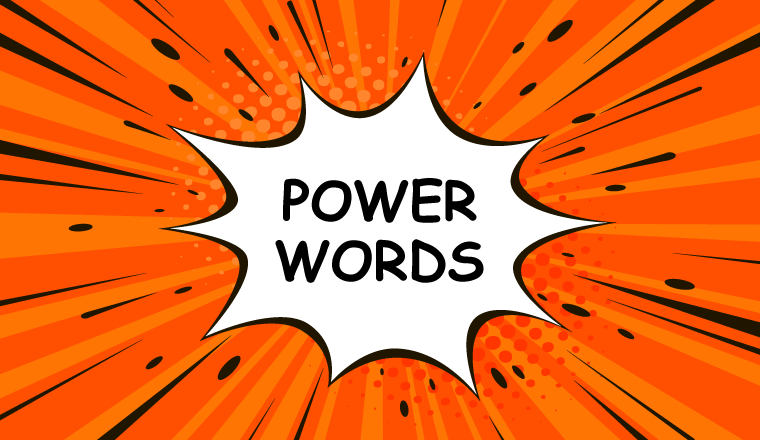[ad_1]
Conan O’Brien not long ago tweeted: “Well, I’ve formally lived a lengthy lifetime for the reason that persons are thrilled Germany is rearming.” I had a comparable emotion not long ago listening to the “FiveThirtyEight” politics podcast that talked over “wedge difficulties.” The discussion in between the host, Galen Druke, and two notable political scientists was illuminating, but the most outstanding matter was what they did not say. No a person denounced wedge troubles.
Expanding up politically in the 1980s and 1990s, I was often explained to that wedge problems were bad, due to the fact they have been “divisive.” Lee Atwater, the bare-knuckled GOP operative, popularized the term as section of Ronald Reagan’s 1984 campaign. He argued that Republicans should really “drive a wedge” among the nationwide Democratic Bash, dominated by liberals, and “traditional Southern Democrats.”
For many years, wedge issues have been connected with race and other fraught cultural issues that normally divided Democrats, absolutely one motive why so quite a few liberals hated them: They peeled off associates of the FDR coalition. In fairness, the lousy odor also stemmed from perceived demagoguery. The late Sen. Jesse Helms of North Carolina, for instance, was a demonic determine to quite a few since he was incredibly helpful at tapping into the politics of white resentment to pull standard Democrats rightward.
But now it looks the odor has dissipated, at minimum among the political scientists and operatives. Guaranteed, there are continue to some ugly wedges, but wedge issues as a generic classification or resource are now identified for what they often have been: normal politics. A normal definition of a wedge difficulty is simply any position that divides an opposing get together when mostly uniting your own. Politicians often discuss about “70-30 issues,” i.e., problems wherever there is a very clear greater part. Logic on your own dictates that if 7 out of 10 Americans are on just one facet of an difficulty, it will divide one particular bash, mainly because neither occasion has close to 70 percent support.
Schooling prolonged served as one thing of a wedge for Democrats because most voters considered Democrats were being better on it. But, as Glenn Youngkin’s productive race for Virginia governor past yr confirmed, which is no more time the circumstance. The resentment about pandemic procedures, merged with the fears of vital race concept, served to thrust a lot of Democrats and Biden-voting independents to vote Republican. At minimum for now.
As talked about on the “FiveThirtyEight” podcast, wedge challenges have a inclination to swing back again and forth throughout the political spectrum. Opposition to homosexual relationship was decisive for George W. Bush’s re-election in 2004, but it would be a loser for any Republican now.
What’s interesting about today’s politics is how equally get-togethers have a hard time responding to wedge problems. Simply because they are dominated by their bases — and the base’s stranglehold on primaries — conceding that their political opponents have a point is forged as surrender to the enemy.
Element of Monthly bill Clinton’s brilliance as a politician was his capacity to flip wedge difficulties to his edge by migrating towards the 70 per cent posture every time possible. Clinton acknowledged that welfare and affirmative action were being quite powerful wedge issues to be applied by Republicans. Relatively than concede Republican framing of the difficulties, he co-opted them.
He acknowledged, at least rhetorically, that there had been problems with the status quo and proposed reforms that glad the moderates and independents. He endorsed welfare reforms that emphasized work and offered a “hand up, not a handout.” On affirmative action he proposed “a mend it, really do not end it” technique. His base hated it as substantially as the GOP foundation did, but neither experienced any area to go.
To his credit, Joe Biden did anything identical with “defund the law enforcement,” a radical plan popular only with a small fringe of his social gathering. In his Condition of the Union speech, he explained the response to our criminal offense challenges and our law enforcement challenges is to fund coaching to handle complications.
But generally, Biden has been incapable of building on that case in point, which will help to clarify why his approval ranking is much nearer to 30 p.c than 70 %.
The GOP, in the meantime, is battling with a particularly peculiar wedge concern: Donald Trump. Trump divides the right though uniting the nonright, which is why Democrats are far more eager to talk about him than Republicans are.
Regardless, the great irony is that even with a long time of communicate about how wedge problems gasoline polarization, they are, in reality, a key to curbing it since they illuminate parts where a majority of People in america can find frequent ground. And they remind parties that they should not take the voters who issue most — the persuadable kinds — for granted.
Jonah Goldberg is editor-in-chief of The Dispatch and the host of The Remnant podcast. His Twitter handle is @JonahDispatch.
[ad_2]
Resource link








